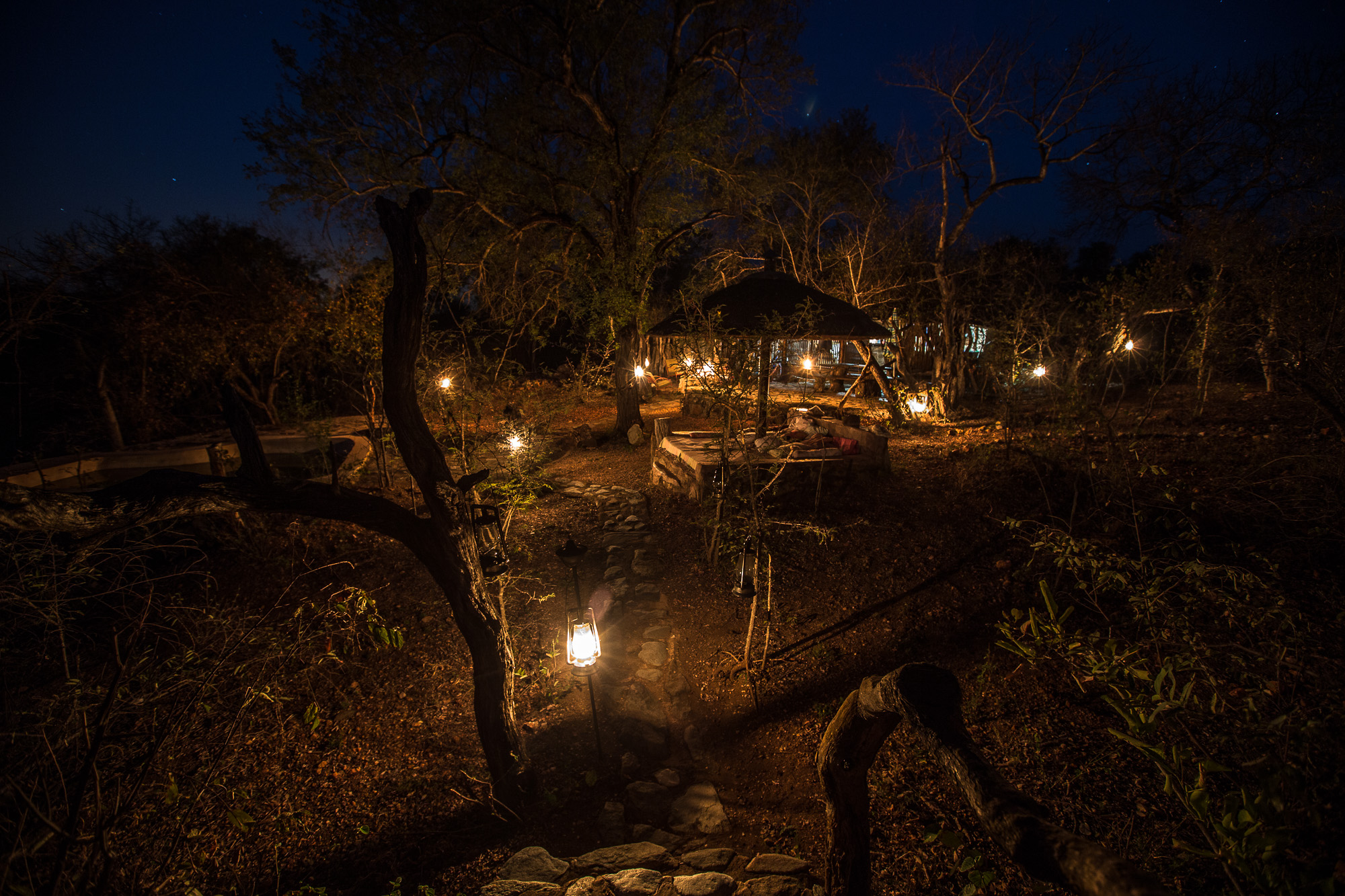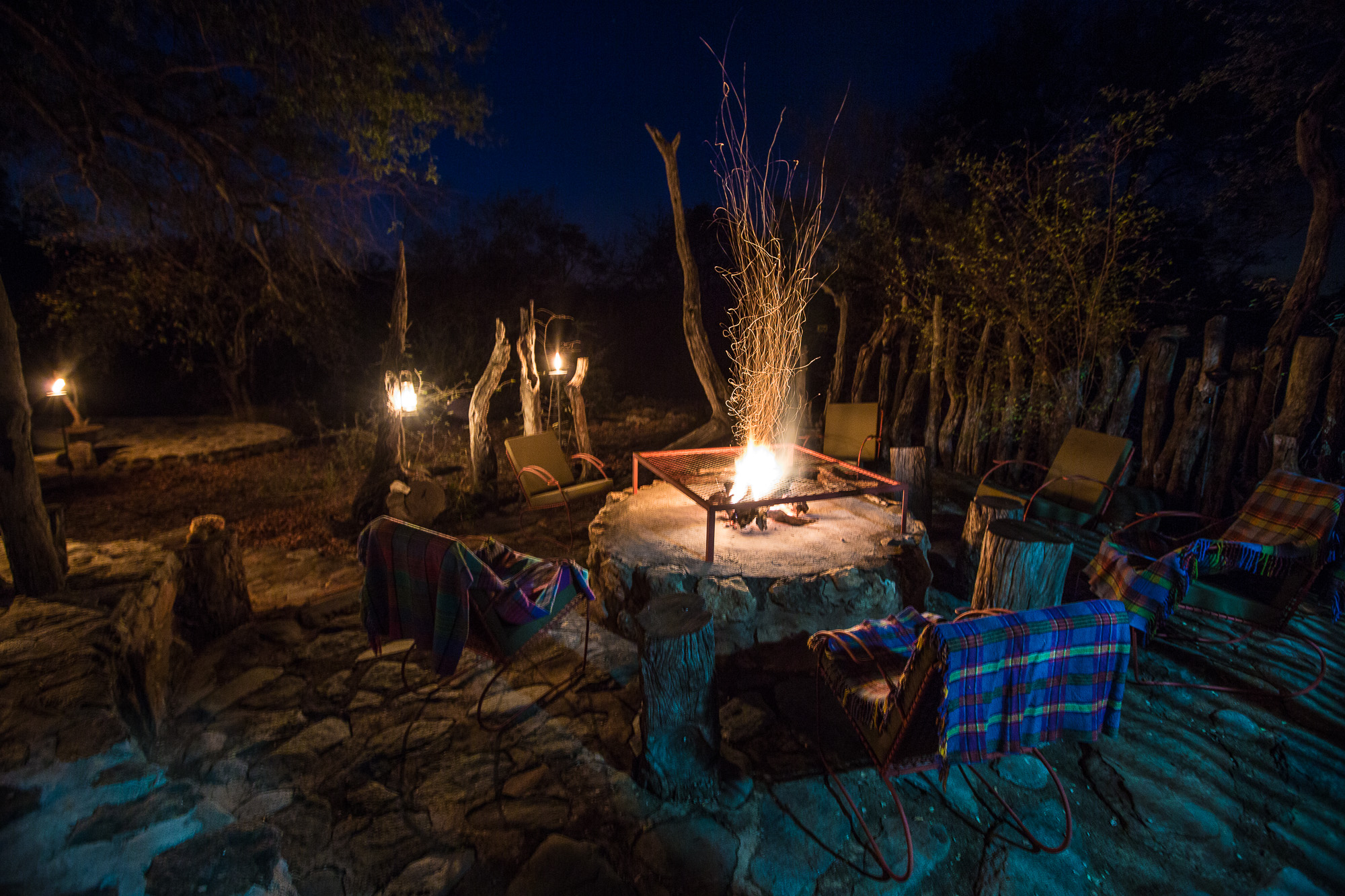In northern South Africa, poaching rhinos and elephants has become endemic. On average, three rhinos are poached every day for their horns. A quarter of a million elephants have been slaughtered in less than six years throughout Africa for their ivory.
The week before we arrived, 60 elephants were killed in Kruger for their tusks according to Johan Grobler who has overseen a connected private game reserve for over 20 years. They have 18,000 elephants. But, how many years will they last at this rate?
The poachers themselves are the end of a long chain. Most of them just want a job or a quick buck in a country where the economy is struggling and it's hard to find work.
We recently traveled to Limpopo to visit the Black Mambas—a female anti-poaching unit that protects Balule Reserve near Kruger National Park. The unit of 26 women is the first of it's kind. It was started by Craig Spencer, an ecologist and the head warden of Balule Nature Reserve, and Amy Clark, Co-Director of Transfrontier Africa. Together with another 23 armed guards, they patrol the boundaries of Balule every day looking for snares, bush camps, and other signs of poachers.
The Black Mambas have identified and destroyed over 12 poachers’ camps and 3 bush meat kitchens within the “buffer-zone” as well as reduced snaring and poisoning activities by 76% within their area of operation since their deployment in 2013.
If you're heading up to Limpopo/Kruger area anytime soon, we highly recommend Gabi's place—a small bush camp buried in the heart of the Olifants Game Reserve. No fences between you, nature, and the animals.
To learn more about the Black Mambas visit www.blackmambas.org.







